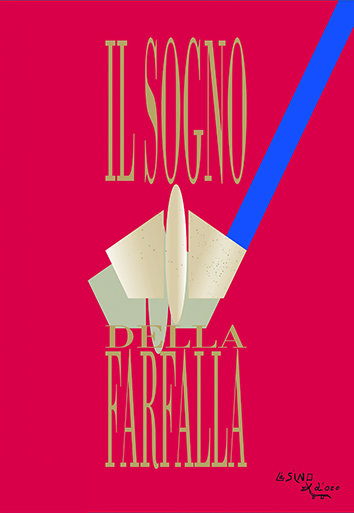«Resplendiente stella de albur». La nascita non neolatina della tradizione lirica e del linguaggio poetico in Italia
DOI:
https://doi.org/10.14663/sdf.v20i3.209Abstract
This research aims to show that the earliest poetic expressions in Romance language, that took place in the western Mediterranean area from 10th to 13th centuries, occurred in a linguistic form quite apart from the classical Latin and the one used by the Catholic church. In particular, the Arabic influence on the Sicilian school of poetry is analyzed. It gives life to a sonorous transmigration of images that create the forms of Italy’s nascent literary language. The analysis and the comparison of existing studies and a rereading of the Sicilian poets, free from interpretative bias, provides ample proof of the hypothesis of the birth of an original language in the passage from the Sicilian school to the Tuscan love lyrics of the 13th century. Therefore the originary Italian manifests itself, except in its lexical forms, potentially free from the legacy of classical rationality or the abstract mysticism of theology. This poetic language, in spite of Dante’s efforts which aimed to impress the weight of the Latin-Catholic culture of the late 1200s on the language of poetry, constitutes the lasting and living bedrock of modern Italian.


